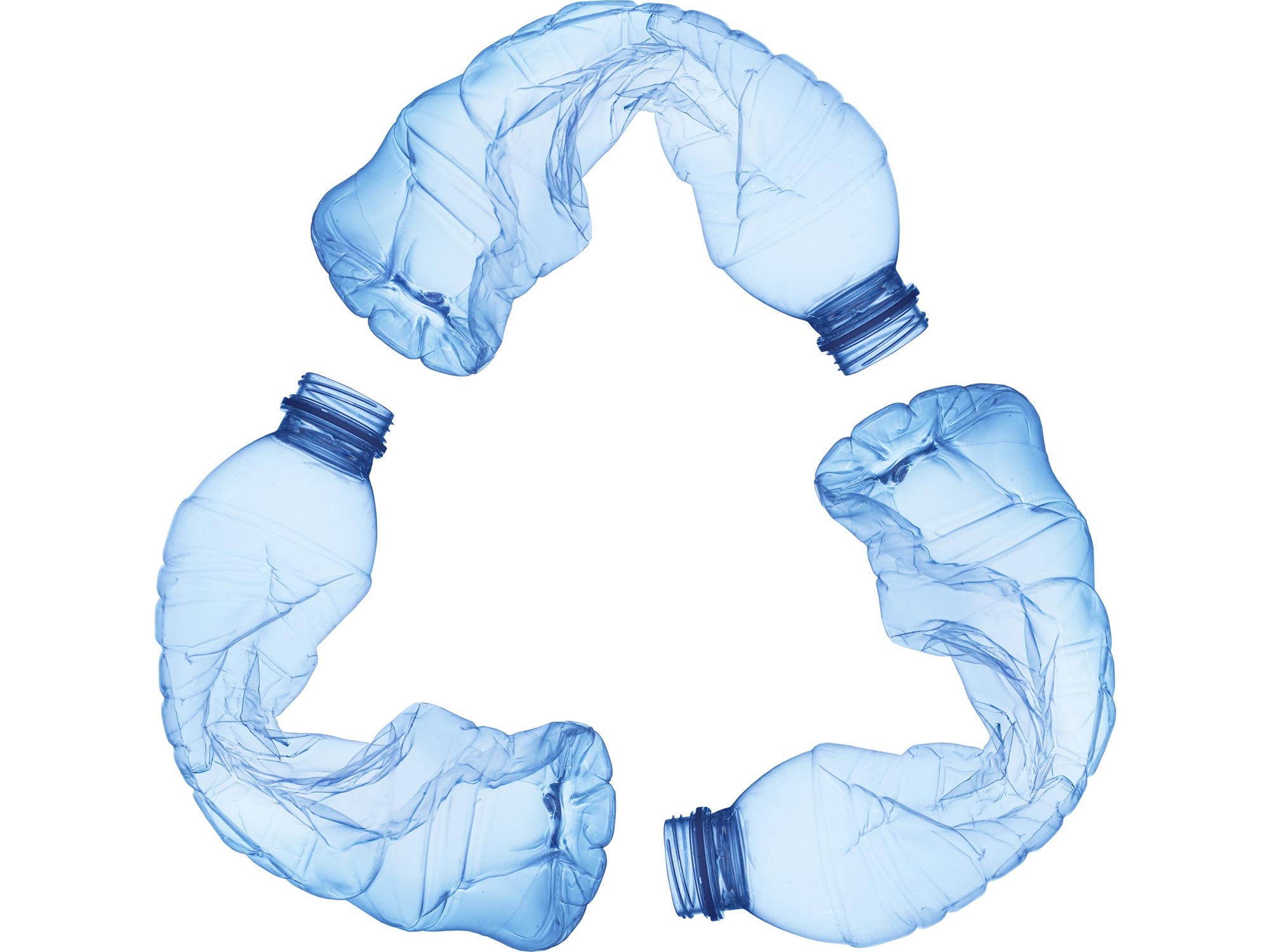
Researchers have taken a key step toward greatly expanding the range of plastics that can be recycled.
Scientists have taken a key step toward greatly expanding the range of plastics that can be recycled. The study, which was led by the U.S. Department of Energy’s National Renewable Energy Laboratory (NREL) and includes an Oregon State University (OSU) College of Engineering faculty member, will be published today (October 13) in the journal Science.
This breakthrough is important because plastic waste is a massive problem both globally and in the United States. In fact, only about 5% of used plastic is recycled in the U.S., according to NREL.
Packaging materials, containers, and other discarded items are filling up landfills and littering the environment at an incredibly rapid pace. According to NREL, scientists estimate that by 2050 the ocean will have more plastic by weight than fish.
A collaboration led by NREL’s Gregg Beckham and including Lucas Ellis, an OSU researcher who was an NREL postdoctoral fellow during the project, combined chemical and biological processes in a proof of concept to “valorize” mixed plastic waste. Valorize means to enhance the value of something.
The research builds on the use of chemical oxidation to break down a variety of plastic types, a method pioneered a decade ago by chemical industry giant DuPont.
“We developed a technology that used oxygen and catalysts to break down plastics into smaller, biologically friendly chemical building blocks,” said Ellis, an assistant professor of chemical engineering. “From there we used a biologically engineered soil microbe capable of consuming and ‘funneling’ those building blocks into either a biopolymer or a component for advanced nylon production.”
Beckham, a senior research fellow at NREL and the head of the Bio-Optimized Technologies to keep Thermoplastics out of Landfills and the Environment Consortium – known as BOTTLE – said the work provides a “potential entry point into processing plastics that cannot be recycled at all today.”
Current recycling technologies can only operate effectively if the plastic inputs are clean and separated by type, Beckham explains.
Plastics can be made from different polymers, each with its own unique chemical building blocks. When polymer chemistries are mixed in a collection bin, or formulated together in certain products like multilayer packaging, recycling becomes expensive and nearly impossible because the polymers often have to be separated before they can be recycled.
“Our work has resulted in a process that can convert mixed plastics to a single chemical product,” Ellis said. “In other words, it is a technology that recyclers could use without the task of sorting plastics by type.”
Scientists applied the process to a mix of three common plastics:


